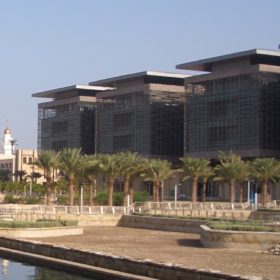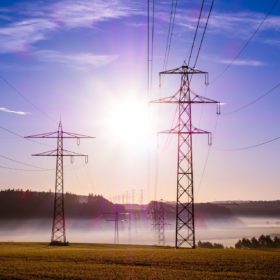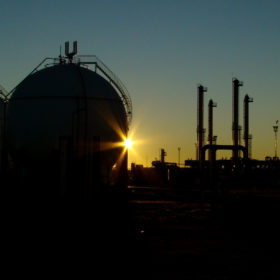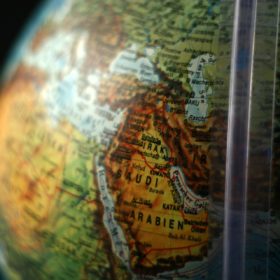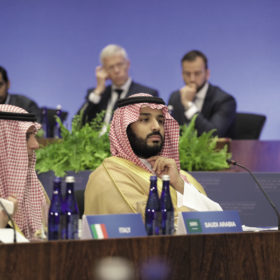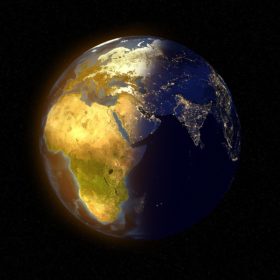Organic dopants for a stable perovskite
Researchers at Saudi Arabia’s King Abdullah University of Science and Technology have demonstrated a method they say could improve the stability of perovskite structures. The group found adding an organic dopant served to increase the strength of chemical bonds between organic and inorganic elements of a perovskite.
IRENA predicts LCOE of solar will drop to $0.01-0.05 by mid century
The latest study published by the International Renewable Energy Agency says the average solar electricity cost of $0.085/kWh produced by projects commissioned last year is set to fall to $0.048 next year, and $0.02-0.08 by 2030.
ACWA Power plans 3.6 GW of new fossil fuel capacity in Bangladesh
Renewables may be making encouraging advances in the south Asian nation but the natural gas infrastructure deal announced today by the Saudi power company at a stroke eclipses the 375 MW of solar capacity in Bangladesh and its 609 MW development pipeline.
Renewables and geopolitics: The United States
An accelerated transition to renewables could go either way, regarding the United States’ unique geopolitical strength. According to Indra Overland – head of the Center for Energy Research at the Norwegian Institute for International Affairs – the U.S. could surrender a major advantage if it abandons fossil fuel. The nation could, however, remain dominant in the global energy sector if it continues to lead on innovation and clean energy tech-related intellectual property.
Does slew of solar mega tenders mean Gulf nations are belatedly accepting the inevitable?
With Kuwait, Qatar and even renewables laggard Saudi Arabia following in the wake of regional clean energy pioneer the UAE, a raft of huge solar tenders is entering the Middle Eastern project pipeline. Obstacles remain to overseas project developers but significant rewards are on offer.
The weekend read: Unsteady progress of a potential MENA solar superpower
With a combination of scale, a growing population, outstanding irradiation, and available capital, solar PV should be a ‘no brainer’ for the Kingdom of Saudi Arabia. But early explorations of the technology have soured expectations, and progress has come in fits and starts.
Global PV market: 114 GW to be installed in 2019, with continued growth onwards
According to the latest market forecast published by Wood Mackenzie, it seems that global PV installation figures will rise to 125 GW per year from 2020. Continued global capacity expansion will come in through a growing gigawatts-club.
Scientists set new efficiency record for single crystal perovskite
Scientists at Saudi Arabia’s King Abdullah University of Science Technology have set a new efficiency record of 21.09% for a single crystal perovskite. The researchers say this highlights a place for the technology to develop alongside the multicrystalline versions which are progressing toward commercialization.
Saudi Arabia readies initial 1.4 GW tender
The kingdom has revealed 28 Saudi entities are among the 60 bidders when the first four projects of the second round of its National Renewable Energy Program are offered up in just over a week’s time.
Clean water and electricity from one system
Scientists at Saudi Arabia’s King Abdullah University of Science and Technology have demonstrated a system based on commercially available solar panels which can generate electricity and produce clean, drinkable water from seawater or otherwise contaminated sources.
